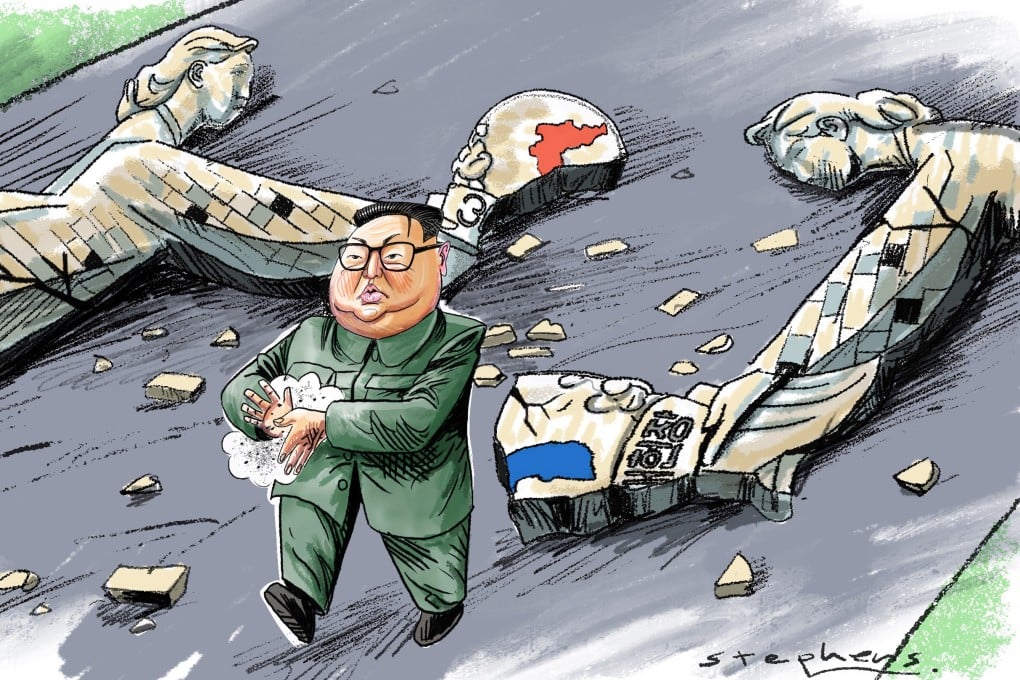Advertisement
Opinion | Kim Jong-un’s move to drop Korea reunification goal raises fears of return to war
- The North Korean leader’s decision to no longer seek reconciliation and instead label South Korea its ‘principal enemy’ has changed the dynamics on the peninsula
- These moves, plus increased military activity, mean it’s vital to get Pyongyang back to the negotiating table and rebuild inter-Korean relations
Reading Time:4 minutes
Why you can trust SCMP
2

A mere two weeks into the new year and the Korean peninsula has seen major, worrying developments that are raising concerns of a possible resumption of war.
North Korea says it has abandoned the goal of unifying with South Korea and instead sees relations with the South as that between “belligerent states”. North Korean leader Kim Jong-un took things one step further when he called for North Korea’s constitution to be revised to define South Korea as its “invariable principal enemy” and to codify the commitment to “completely occupying” South Korean territory in the event of war.
Although the two Koreas regularly trade insults and military provocations along the border, these statements by Kim in recent weeks have changed the dynamics on the peninsula. North Korea set the tone for the new year on December 31, when Kim announced the major change in the country’s unification policy, which he said had failed to achieve its goals. Instead, relations with South Korea have “repeated the vicious cycle of contact and suspension, dialogue and confrontation”.
Advertisement
Accusing South Korea of pursuing a “unification by absorption” policy, Kim described inter-Korean relations as “relations between two states hostile to each other and the relations between two belligerent states”.
This week, he said the North Korean constitution should be amended to include “the issue of completely occupying, subjugating and reclaiming the ROK and annex it as a part of the territory of our Republic in case a war breaks out on the Korean peninsula”, while defining the South as the North’s “invariable principal enemy”.
Advertisement
This is a big deal for several reasons. First, this is the first time North Korea has publicly announced it is abandoning the goal of unification. North Korean propaganda and the government have long promoted that goal, with various songs, artwork and structures dedicated to reunification.
Advertisement
Select Voice
Choose your listening speed
Get through articles 2x faster
1.25x
250 WPM
Slow
Average
Fast
1.25x
